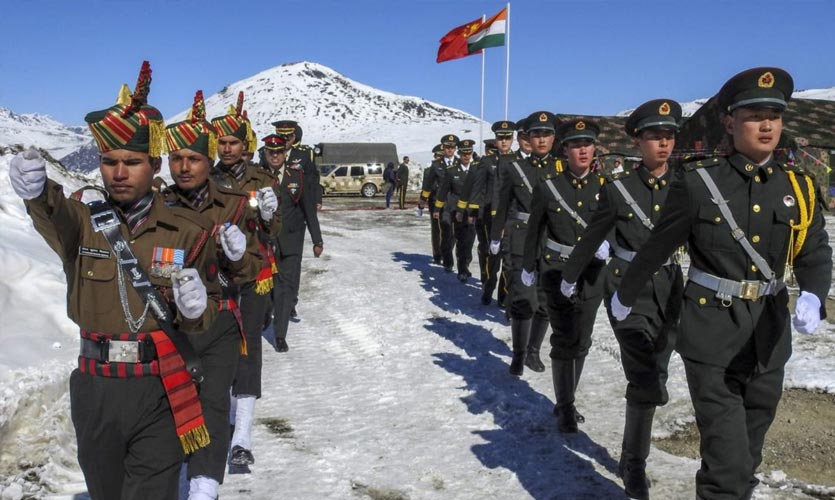Almost 11 months after border tensions escalated between India and China, India’s Army Chief General M.M. Naravane, in an interview with CNN News18 on May 19, said, “India and China have not violated the disengagement process in eastern Ladakh’s Pangong Tso but de-escalation is yet to take place.” He further added that the Indian Army will continue to operate with enhanced troop structure along the entire border length with China.
India currently has approximately 50-60k troops in the eastern Ladakh region. The causalities caused by military escalation at the Indo-China border in June 2020 resulted in the most gruesome bloodshed in 45 years, hampering India’s relations with China to a great extent.
Chief Naravane has denied the allegation that talks with China have reached an impasse. The Army Chief believes that since there has been no violation in the disengagement process so far, “the trust has [been] built up at both ends.” This can prove helpful and according to Chief Naravane, it could lead to potentially resolving issues in other areas.
Following these statements, the Minister of External Affairs of India – S. Jaishankar – said that the relations between India and China are at a crossroads, and China is a country that can be expected to violate the basis of their relationship.
Read more about how pandemia has resulted in the Ceuta border emergency
He further said that the border tensions and disturbance at the Line of Actual Control (LAC) would definitely have an impact on all ties and agreements made between both countries and that India will use all tools available to stay strong.
The statements made by the Indian Army Chief and the external affairs minister strongly suggest that India is in a dominating position and cannot be pushed back down either at the border or on the global stage.










